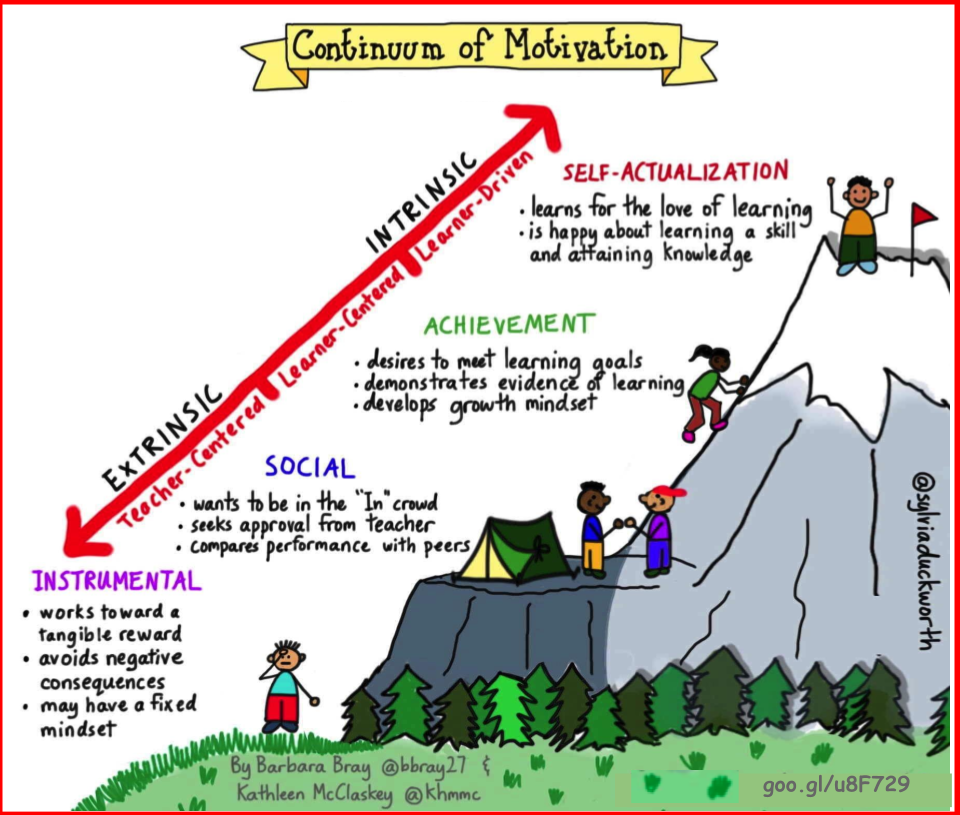
The best lessons, books, and materials in the world won’t get students excited about learning and willing to work hard if they’re not motivated. Motivation, both intrinsic and extrinsic, is a key factor in the success of students at all stages of their education, and teachers can play a pivotal role in providing and encouraging that. Students experience the learning environment as supportive. Students experience success in course activities and assignments. Students know what to expect and what is expected of them. Getting Started with Increasing Student Motivation & Participation. Provide clear course learning outcomes and reinforce what students will gain from attaining them. Motivation with extrinsic motivation, which is motivation governed by reinforcement contingencies. Traditionally, educators consider intrinsic motivation to be more desirable and to result in better learning outcomes than extrinsic motivation (Deci et al., 1999).
Blended learning tools and eLearning systems can make it easier to give students autonomy (and also track their success). Adult learners’ self-motivation and need to know why can be met with open arms by involving them in the education process. Their desire to apply understandings right away is easily aided with problem-solving. Motivating students is one of the major challenges teachers face on a daily basis. Conceptualized as students’ energy and drive to engage, learn, work effectively, and achieve their potential at school, motivation and engagement play a large role in students’ interest and enjoyment of school (Martin, 2006).
Motivation To Learningmr.'s Learning Websites


NPR’s sites use cookies, similar tracking and storage technologies, and information about the device you use to access our sites (together, “cookies”) to enhance your viewing, listening and user experience, personalize content, personalize messages from NPR’s sponsors, provide social media features, and analyze NPR’s traffic. This information is shared with social media, sponsorship, analytics, and other vendors or service providers. See details.
Online Learning Motivation
You may click on “Your Choices” below to learn about and use cookie management tools to limit use of cookies when you visit NPR’s sites. You can adjust your cookie choices in those tools at any time. If you click “Agree and Continue” below, you acknowledge that your cookie choices in those tools will be respected and that you otherwise agree to the use of cookies on NPR’s sites.